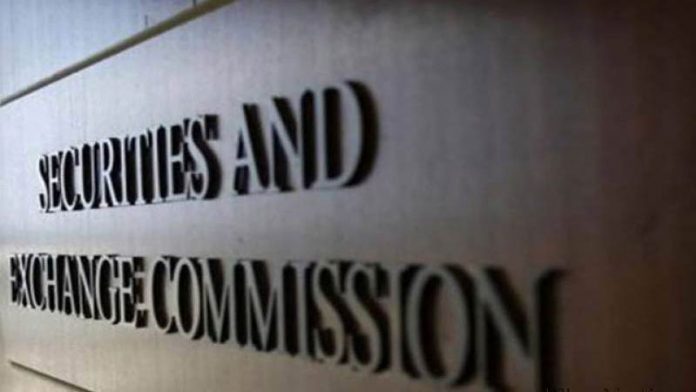ISLAMABAD: The Senate Standing Committee on Finance on Tuesday directed the Security and Exchange Commission of Pakistan (SECP) to conduct a forensic audit of Hascol Petroleum Ltd.
A meeting of committee was held under the chair of Senator Muhammad Talha Mahmood in this regard wherein SECP officials briefed about the company’s financial reporting matters.
It was informed that HASCOL’s liabilities increased from Rs24 billion to Rs48 billion in 2019 as compared to 2018. On the other hand, the company went into a massive loss from profit in just a few months. “A company which was operating with a profit of Rs956 million suddenly suffered a loss of Rs116 billion,” SECP apprised the committee.
The commision informed that two investigations against HASCOL are currently underway and will be completed in three months after which criminal or civil proceedings against the company will be initiated under the SECP Act.
Committee member Senator Saleem Mandviwala commented that it seemed like that the fraud had been planned for years while Senator Kamil Ali Agha said that such a fraud is not possible if auditing companies fulfill their responsibilities.
Senator Musaddiq Masood Malik asked why the SECP did not take action as the company had taken illegal steps on such a large scale, adding that the stock exchange should protect the capital of shareholders.
The committee chairman, in consultation with the senators, gave suggestions regarding forensic audit of the company besides directing the SECP to also take action against the audit firm that conducted HASCOL’s audit.
He also directed the State bank of Pakistan (SBP) to furnish details of 18 banks which gave loans to HASCOL and ordered it to submit a list of those who gave guarantees to these banks against the said loans in three weeks times.
Meanwhile, the committee rejected the charges on transaction of above Rs25,000 by the central bank and directed SBP to submit a report in this regard within a month.
Senator Mandviwala said that the proposal to transfer money from banks was rejected in the budget; however, the government imposed a fee on transactions above Rs25,000.
The central bank’s deputy governor underlined that charges of 0.1 per cent or Rs200 were levied on transactions above Rs25,000, or whichever is less. He said that 82 per cent of the transactions took place in July without any charges while only 18 per cent of the people were charged.
Committee Chairman Senator Talha Mahmood objected to the levied charges on the transaction and recommended that either the limit of this amount should be increased to Rs50,000 or it should be abolished at once, terming the charges unjustified.
He warned of increasing problems if the instructions of the committee are not followed.
Members also raised politically exposed persons’ bank accounts with SBP with Senator Musaddiq Masood Malik demanding that SBP submit a report regarding money laundering and terror financing.
He stressed that the committee should know how many bureaucrats, politicians, and other entities are involved in financial crimes.
The committee chairman gave SBP officials one month’s time to resolve the issue.
Similarly, the issue of FBR’s data hack was also reviewed in the meeting wherein a reply was sought from the FBR within three days. The committee has directed the Senate Secretariat to write a letter to the FBR chairman in this regard.
A detailed discussion on the resolution moved by Senator Faisal Sabzwari recommending the government to give special tax exemption to the small traders and salaried class of Karachi and Hyderabad was also discussed.
Members were divided over the matter with some suggesting a one-year exemption, a one-time relief, and relief to only those earning less than Rs0.1 million. The FBR was directed to furnish a report the total exposure and how many people would benefit from the scheme within 15 days.
Moreover, Committee Senator Muhammad Talha Mahmood asked the Acting Auditor General of Pakistan (AGP) Ghulam Muhammad Memon which government agencies do not conduct audits with the auditor general to which he replied that the auditor general audits all the institutions of Pakistan’s government as well as the aid received from abroad whereas the National Bank of Pakistan (NBP) has to deposit the government’s money in the SBP within a day in accordance with the law.
The committee sought details of those entities which conduct independent audits.




